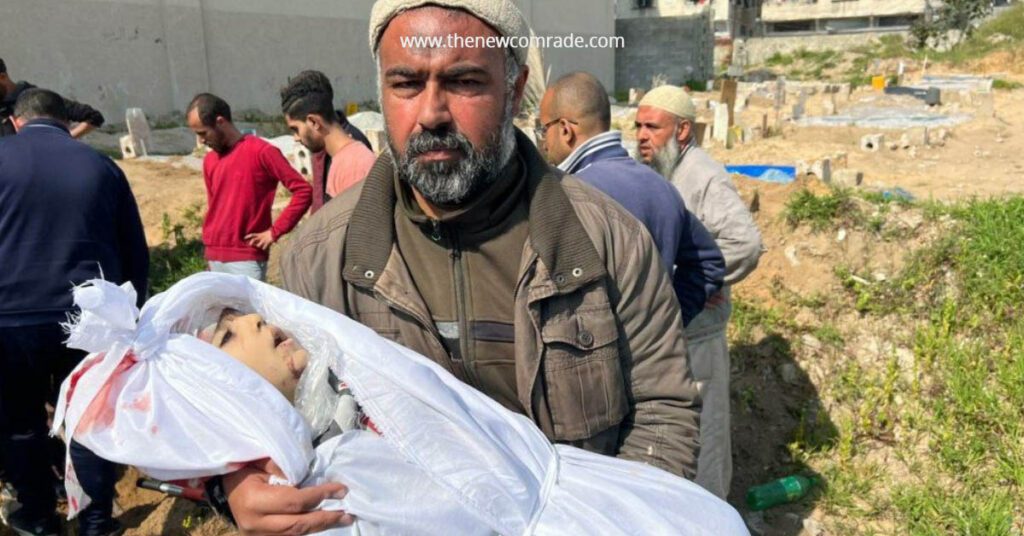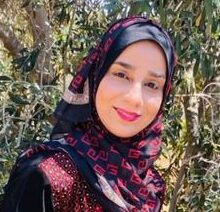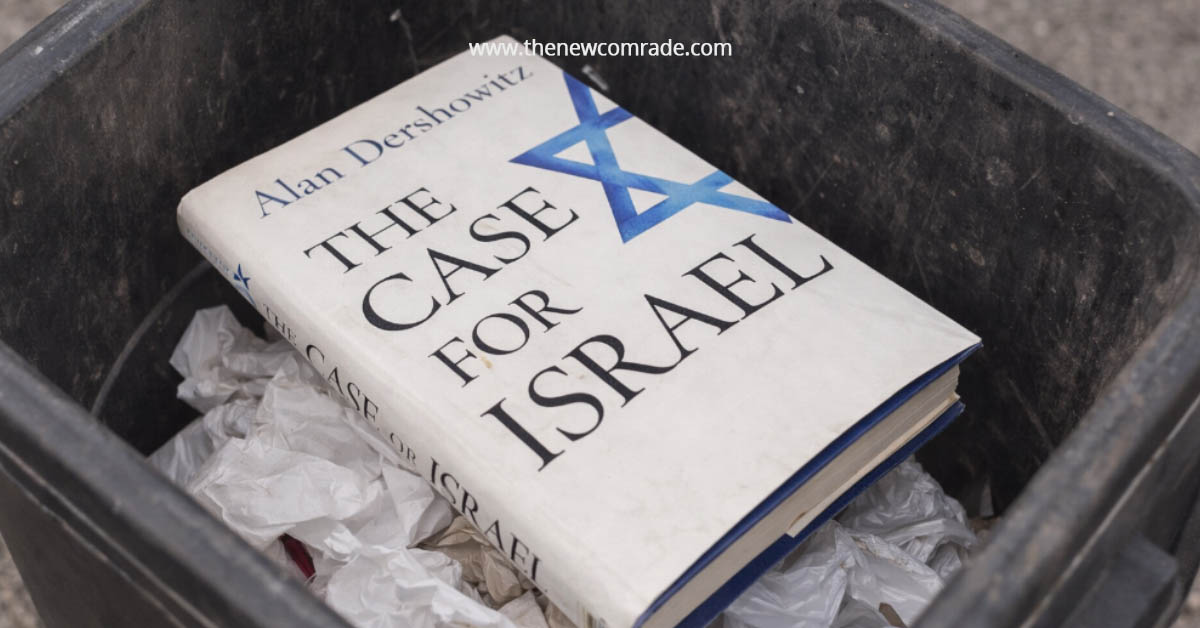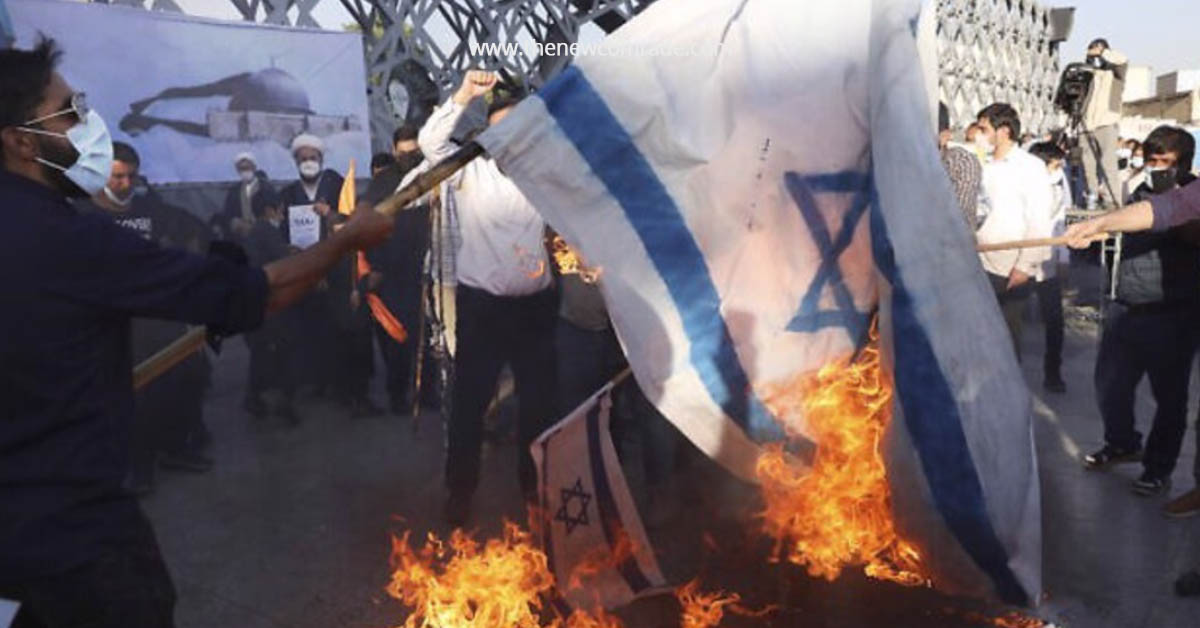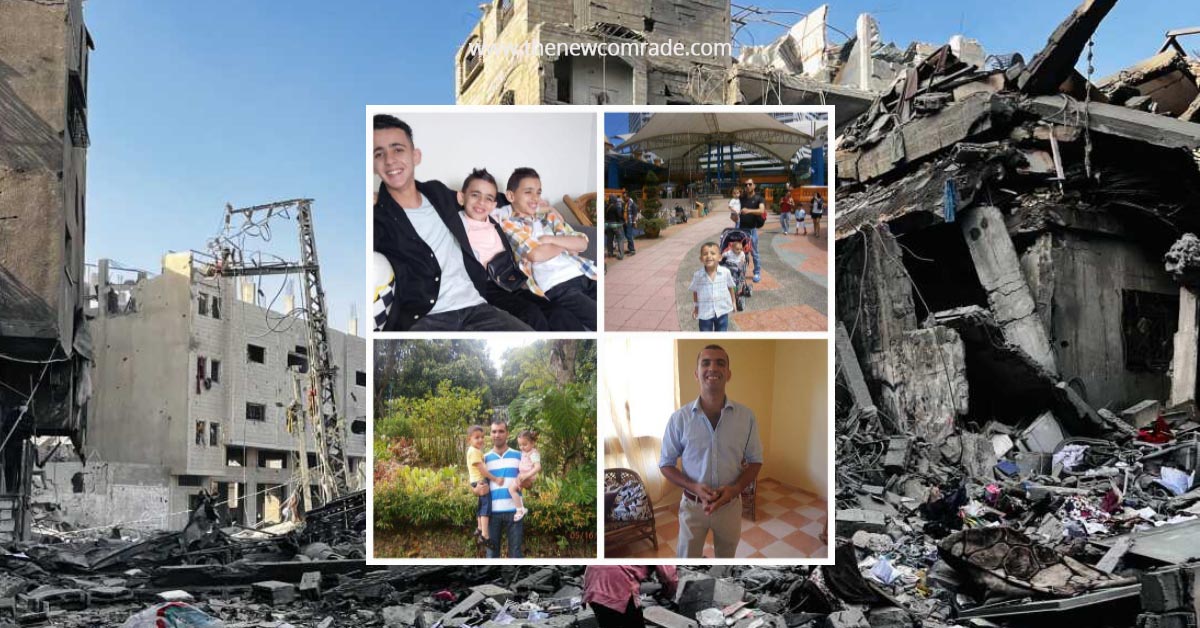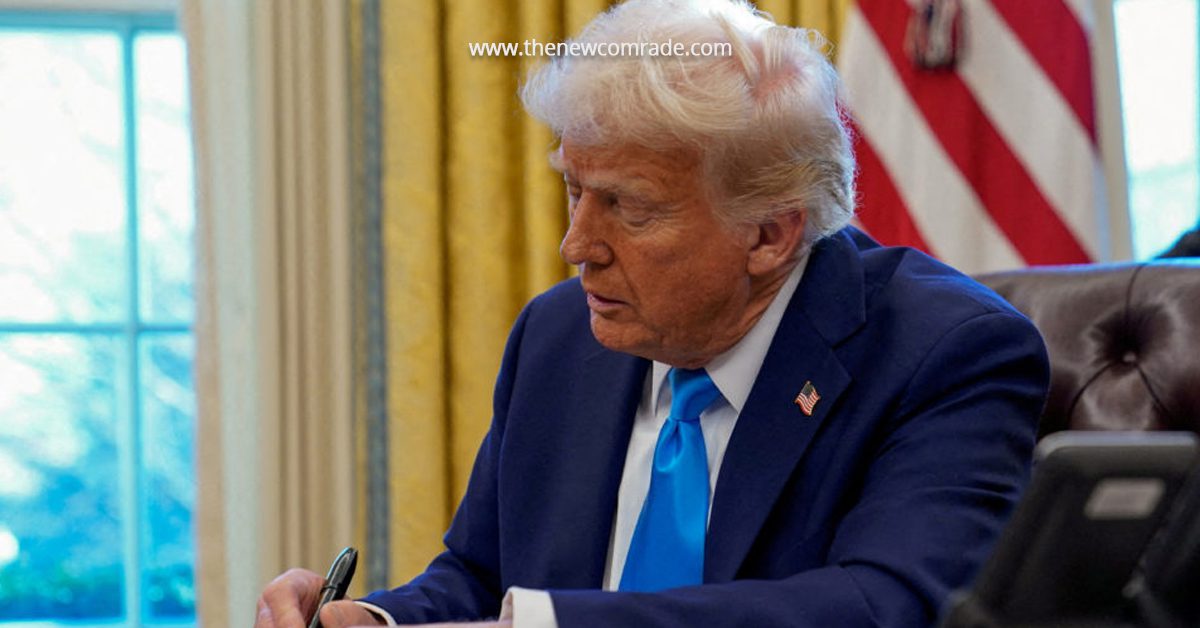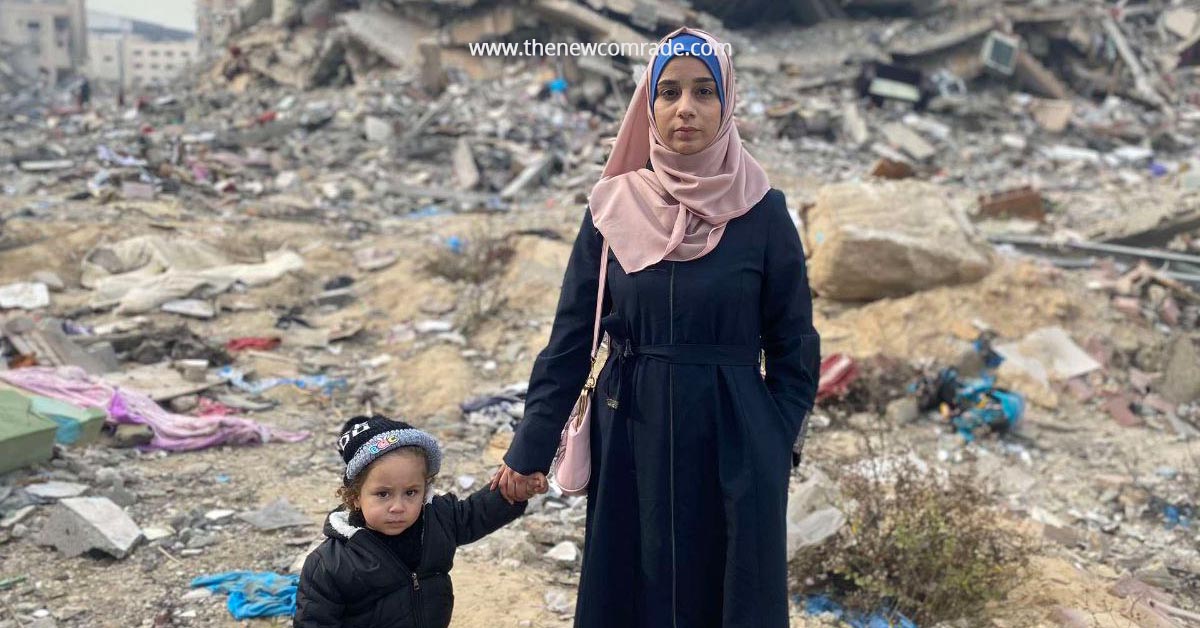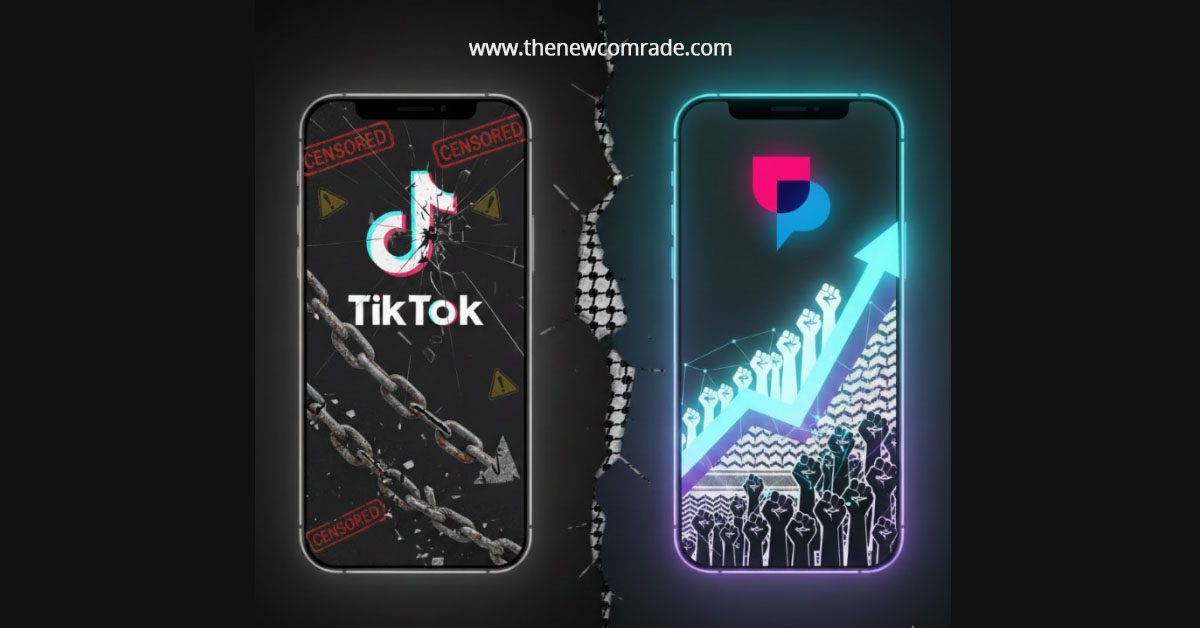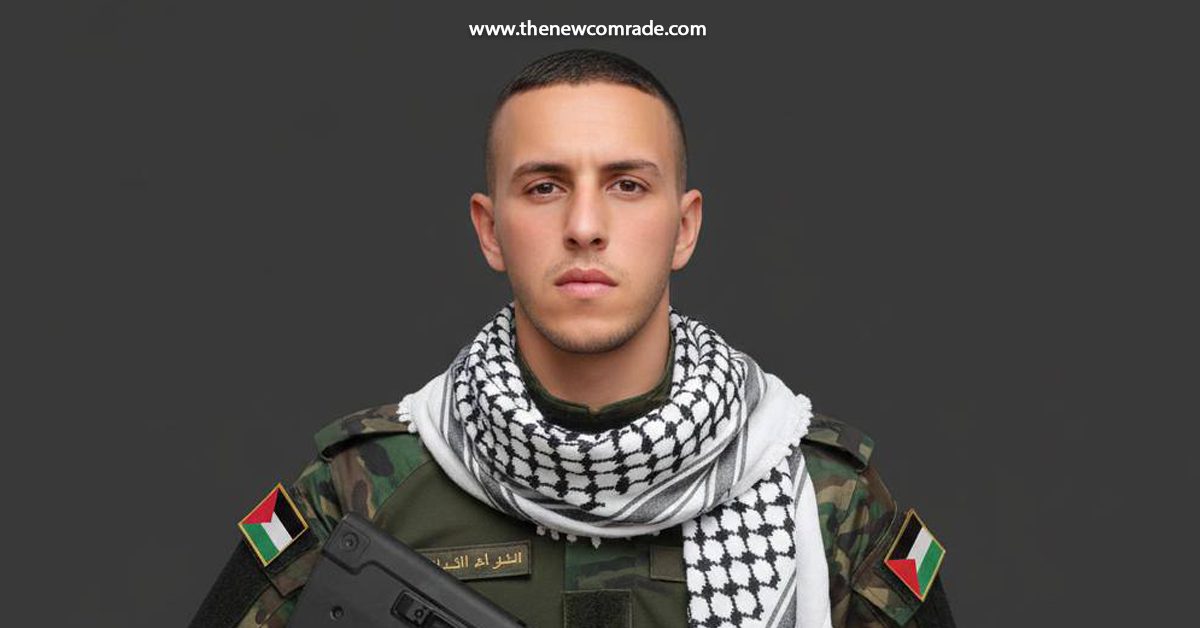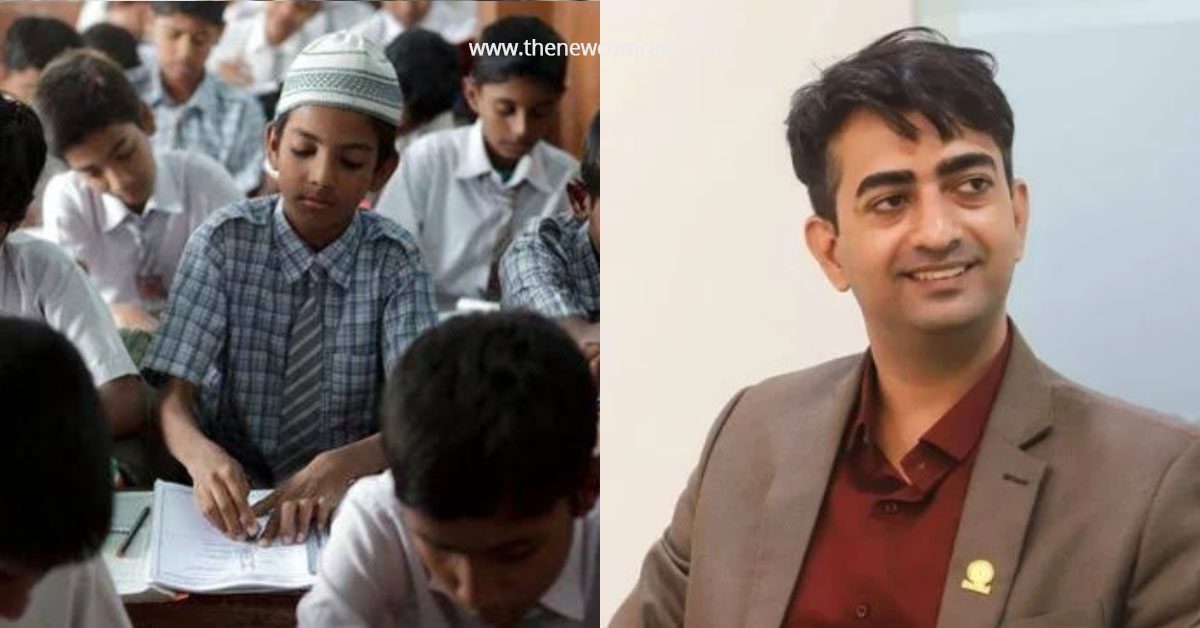
The phrase “soul of soul” is a deeply emotional expression, used to refer to a beloved child. This was recently popularised by Khaled Nabhan, to refer to his granddaughter after she was killed by Zionist forces in Gaza in November 2023. Footages of him bereaving the martyrdom of his three-year-old granddaughter, Reem, spread virally on social media. Following Reem’s death and his displacement by the Zionist forces, Nabhan’s video footages again went viral when he was filmed helping feed the other displaced in Gaza. Tragically, he too was killed by Zionist forces in November 2024. Nabhan represents the many parents who lost their children and grandchildren during the Aqsa Storm in Gaza. Philippe Lazzarini, Commissioner general of UNRWA, had condemned this situation, stating that the number of children killed in Gaza in just four months exceeds the total number of children killed in conflicts worldwide over the past four years. He called it a “war on children”. Lazzarini based his statement on United Nations data, which showed 12,193 child fatalities globally in conflicts from 2019 to 2022. In contrast, Gaza’s Ministry of Health had documented over 12,300 child fatalities in Gaza between October and the end of February. Lazzarini quipped, “This war is a war on children. It is a war on their childhood and their future.”
“Abboud was my companion, and myself his,” Ahmed Abu Artema on the loss of his son

It was the morning of Tuesday, October 24, 2023. Ahmed Abu Artema, a 40-year-old writer and activist, was in his family’s three-story home in Rafah, southern Gaza, where he had been visiting his extended family, with his wife and children. Ahmed was having a conversation with his eldest son Abdullah, 13, after he returned from the supermarket with some biscuits. Abdullah was supposed to buy bread instead, but there was no bread due to a flour shortage in Gaza, as Israel had blocked food, water, and fuel supplies and cut off the electricity. As a result, they had to resort to biscuits as substitute. Ahmed affectionately called his son Abdullah “Aboud.” On the day of the attack, Aboud, his younger son Hamoud, and his daughter Batool were sitting with him in the living room. Aboud had mentioned that he was going with his cousin to pick up his mobile phone, which he had left for recharging at a nearby school. That was their last conversation. Suddenly, Abu Artema opened his eyes to find dust everywhere. He realised that Zionist fighter jets had bombed their house, but he did not hear the sound of the strike. It seemed that he had lost his hearing in that moment. As Abu Artema lay under the rubble, he saw his son Humoud and his daughter Batool screaming and pointing to Abboud, who was lying in front of him. The missiles had struck the area where they had been sitting. Ahmed called for help from the people gathered at the scene, urging them to rescue the children. Ahmed’s injuries were moderate. After being taken to the hospital, he could not escape the hangover of seeing his son Abboud under the rubble. At the hospital, Ahmed’s brother informed him that two of his aunts had been martyred, so had his cousin sister and his stepmother. Humoud and Batool and his three sisters were injured. Aboud and Abu Artema’s niece Joud were critically wounded. After a day in intensive care, Aboud passed away, followed by Joud the next day.
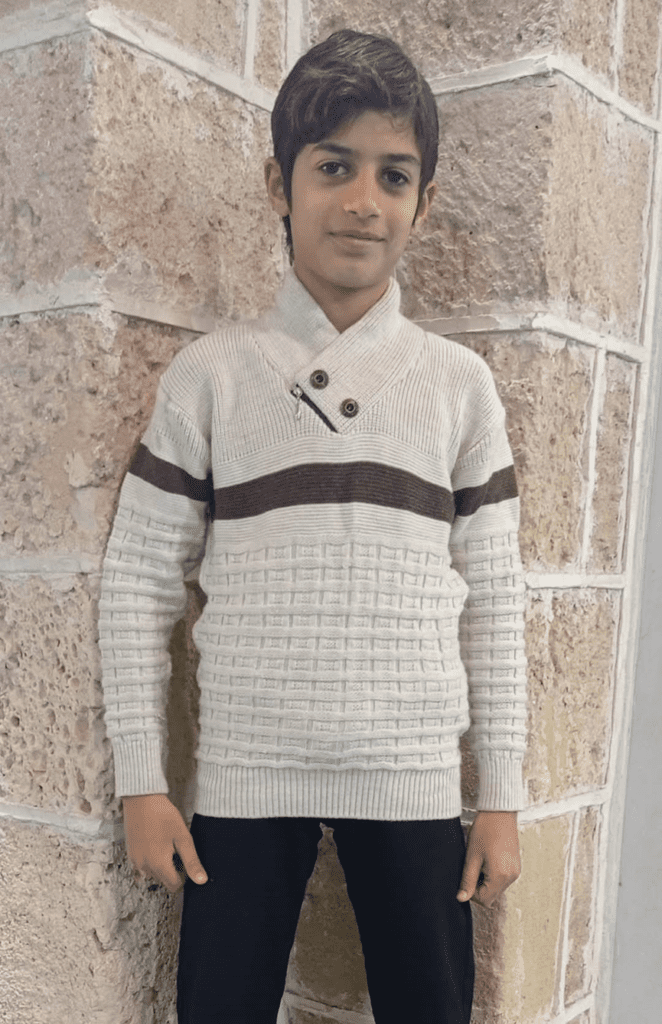
On the morning of October 26, 2023, Ahmad recalled: “I was still in my bed at Naser Hospital in Khan Younis when I received the anticipated news. I could not move because of my injuries. They asked if I wanted to see Aboud for the last time, but his burns had disfigured him. I chose not to see him in that condition, so his beautiful image would stay intact in my heart.”
He continued, “Abdullah was buried alongside the other martyrs of my family in a cemetery west of Rafah, but the criminals did not stop at one crime. Months later, they bulldozed the cemetery. Now, Abdullah has no grave. But his soul is in a place beyond the reach of these criminals.”
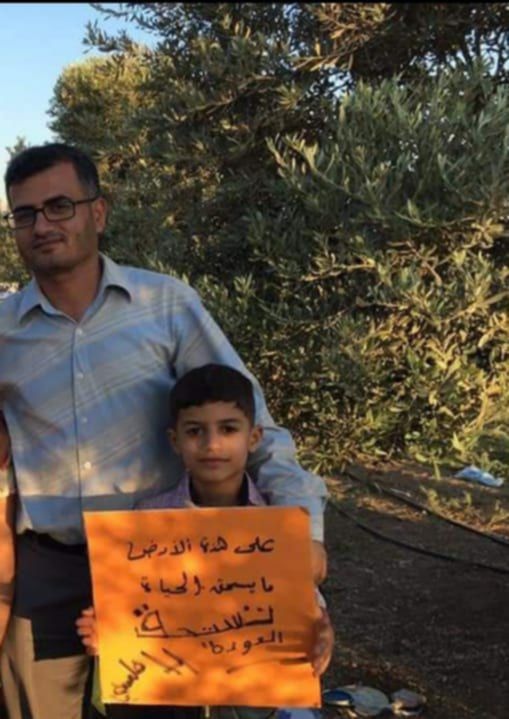
Ahmed Abu Artema mourned his son, saying: “Abdullah, my dear angel, perhaps Allah knew that your innocence, kindness, compassion, and your soul filled with goodness and sensitivity would not be able to bear the growing ugliness and evil in the world. He chose you for what is with Him – a place of peace and safety, where there is no fear or sorrow. I have nothing but acceptance and submission, as Allah is more merciful to you than I am. As for those who killed you, where will they go?”
Describing his son, Abu Artema said: “Aboud always had a peaceful demeanour. He was calm, but in his final days, he seemed even more at peace. It seemed as though he had reached a state of surrender that Allah bestows on those He loves, filling them with tranquillity.”
“Despite the tragedy of losing Aboud, I have come to accept Allah’s choice for him. I saw in him a pure innocence that I wished I had, but I missed that chance,” he added.
“Israel killed all my souls”
This is how Ebtesamat al-Sawaf, 28-years, expressed her grief after Zionists killed her “souls of soul” – Her daughter, Noha, 4 years, and son, Amir, just a year and half.
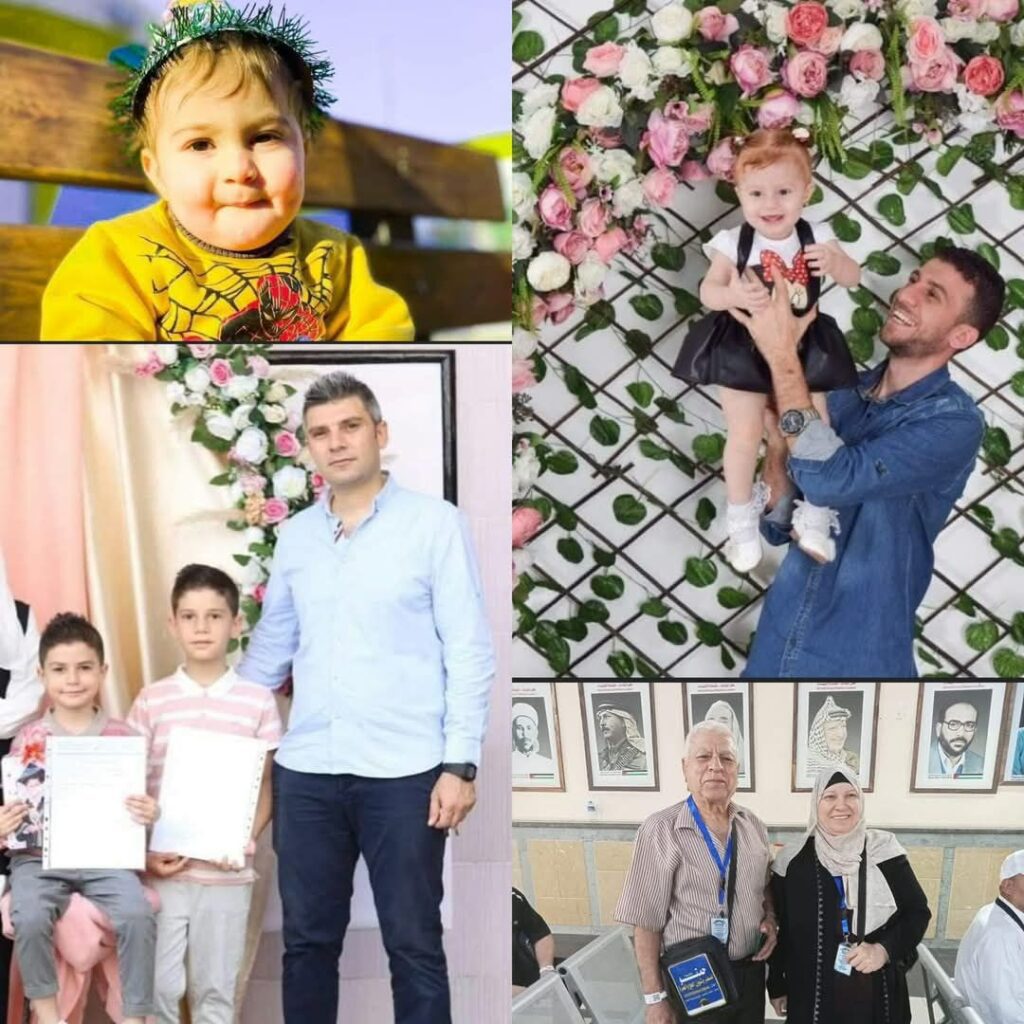
On October 27, 2023, Zionist warplanes targeted the home where Ebtesamat lived in Gaza City. Her husband, Eyad, her children Noha and Amir, her in-laws, Haj Said al-Naffar and Hajjah Noha Kuhail, her brother-in-law Mohammed, and his two sons, Seid and Seif, all lost their lives in the bombing. Ebtesamat was severely injured and underwent skull surgery, and is eventually recovering.
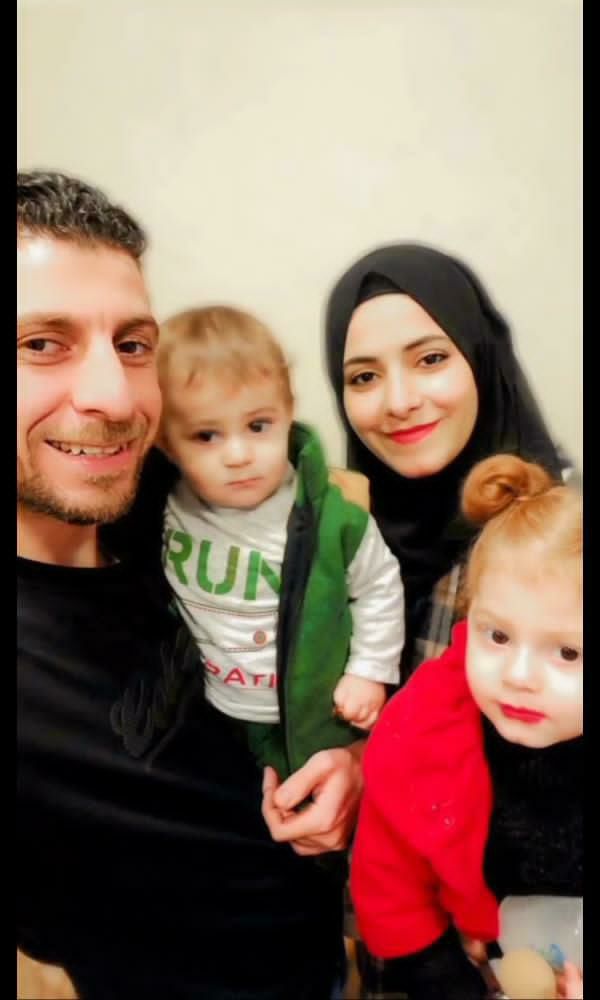
Ebtesamat shared her dreams for her family’s future: “We were a simple, happy family, and my husband and I had dreams of giving our children a bright future, just like many children in the world. We imagined our family growing, and our love deepening. I dreamed of seeing my children, Noha and Amir, go to school and grow up in front of me. But Zionists stole them all. They killed my husband and my children. I am left to live in painful memories of the past and struggle with sorrows of the present without them.”

Ebtesamat children, Noha and Amir
“Zionists not only stole one soul from me, but also it took all of my souls and robbed me of the most basic human right: to live peaceful and secure with my family,” Ebtesamat added in her broken voice.
Zionists takes out their vengefulness towards journalists by targeting their children
In the ongoing war between Zionist occupation and Palestinian resistance in Gaza, the role of journalists has been under close scanner, as their safety and freedom of reporting are increasingly under threat. During the Aqsa Storm, Zionist military actions against journalists in Gaza have raised serious concerns about violation of press freedoms and the protection of media workers in conflict zones.
This is what happened to Palestinian journalist Moatasem Daloul. He holds a Master’s in “Media and International Relations” and works for several foreign media outlets, such as Middle East Monitor of the UK.
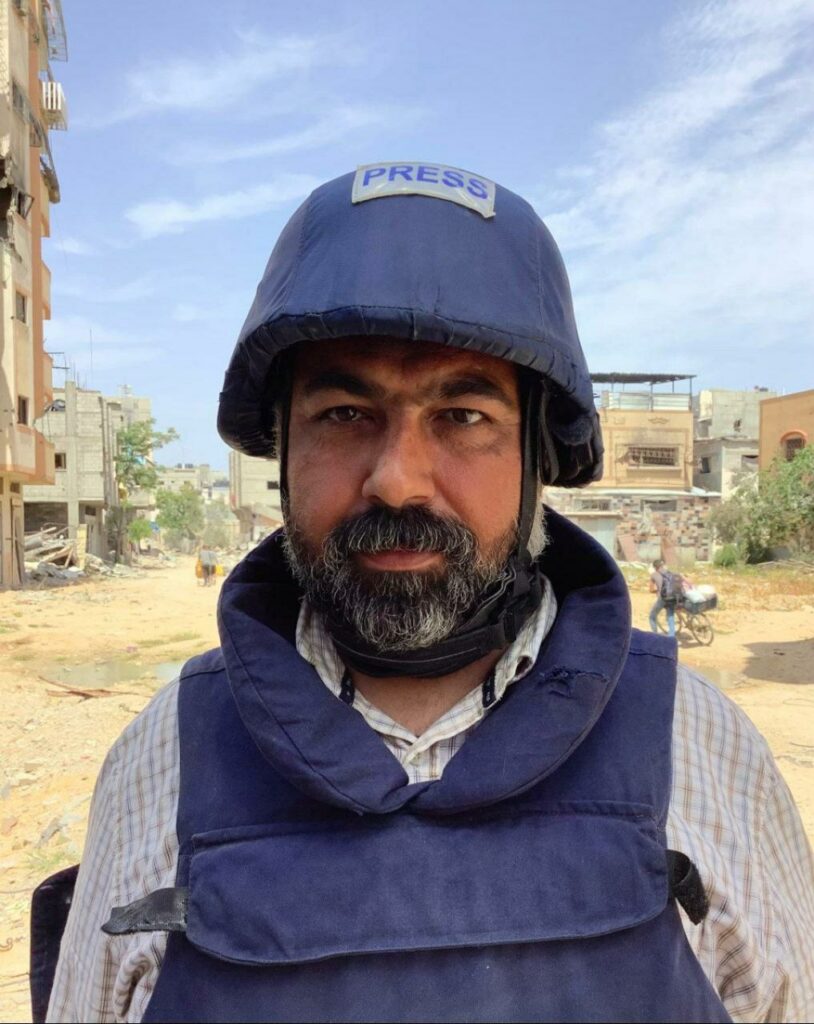
Moatasem Daloul
Daloul had been covering news in northern Gaza for foreign media since the start of the ‘Aqsa storm’. On February 28, 2024, while on work, he received the tragic news that Zionist occupation had fatally targeted his wife and his 3-year-old son, Abu Bakr.

Prior to their martyrdom, Daloul’s wife had told him that she and their son, Abu Bakr, were feeling extreme hunger due to the famine imposed by the Zionist occupation. Both mother and child were martyred in this state.
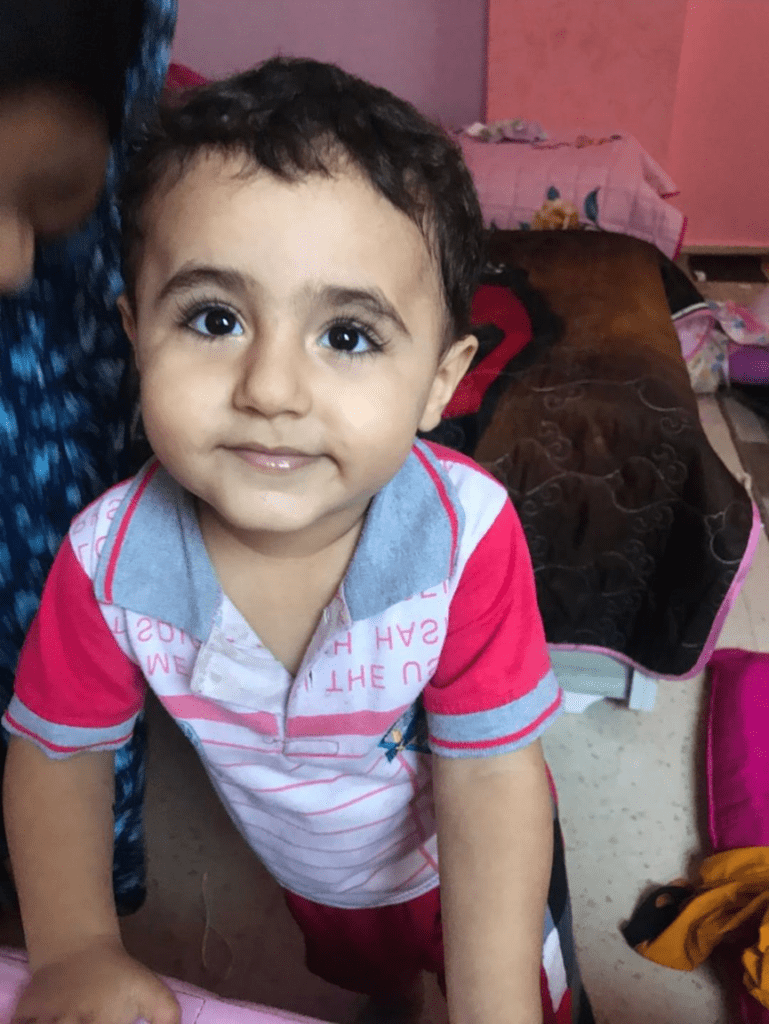
Daloul says, “I feel immense grief and sorrow after losing my young child, who was innocent and had no guilt to be killed by Zionists with such brutality. I would continue to cover the bloody events and share it with the world so that the world knows the crimes Zionists are committing against children, women, and innocent people.”
Consequences of these attacks are profound. When journalists are targeted or silenced, international community is deprived of critical information about the conflict. Independent reporting in Gaza is essential to understand realities of current situation, particularly in the light of severe atrocities perpetrated by Zionists. By restricting press freedom and threatening journalists, the Zionist junta further limits transparency, which in turn has implications for the global perception of the conflict and its impact on the civilians.
Disclaimer: The opinions expressed in this article are solely the author’s and do not neccessarily reflect the opinions or beliefs of the website and its affiliates.
